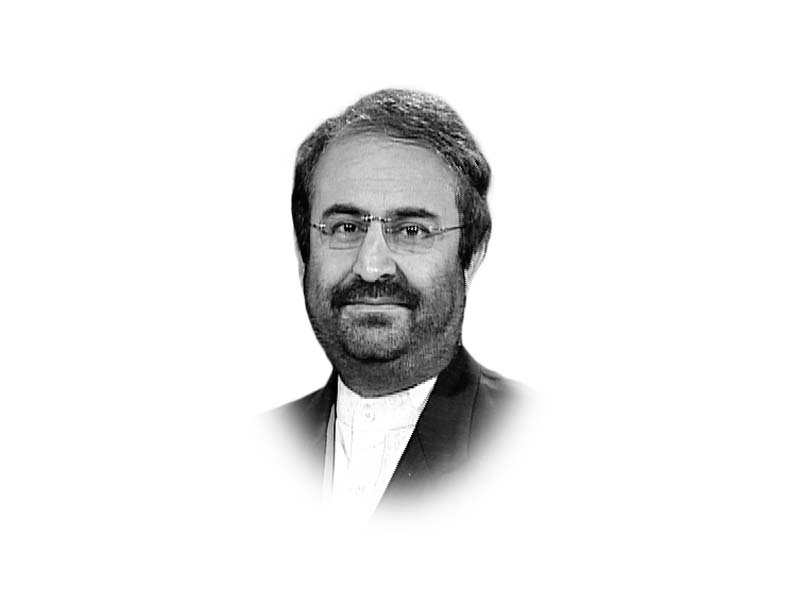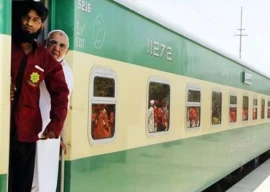
Prime Minister Nawaz Sharif has also categorically stated that “certain terrorist elements inside Afghanistan were involved in attacks in Pakistan”.
Afghan officials have angrily dismissed these claims. Rejection of Pakistani leaders’ statements was quick and that too without working on the leads Pakistan had passed on to President Ashraf Ghani, Chief Executive Dr Abdullah Abdullah and General John Campbell, the current commander of the Resolute Support Mission and United States Forces in Afghanistan.
Raising the issue with General Campbell was logical as the US and its allies still have a significant security role. Despite President Barack Obama’s announcement to end combat mission in the beginning of 2015, American troops were seen involved in pushing the Taliban fighters out of the strategic northern province of Kunduz in September and southern province of Helmand last month. As the US and its Nato allies are still involved militarily, they are also responsible for ensuring that Afghan soil is not used against Pakistan.
Pakistani political and military leaders came up with a mature response after the Taliban attack on Bacha Khan University as none blamed the Afghan government for having a hand in it. But they reminded Afghan leaders of the understanding that neither country will allow their soil to be used against the other. Pakistan’s demand for action against the planners of the Charsadda attack is logical, as security officials believe Afghan soil and its communication facilities were used.
Denial of the presence of Pakistani militants on Afghan soil is not going to work as Dr Abdullah admitted in a meeting last month with Pakistani delegates that the Tehreek-e-Taliban Pakistan chief Mullah Fazlullah is indeed in Afghanistan. Dr Abdullah stated that the Afghan security forces had “conducted operations” against Fazlullah, but he had survived.
For bilateral cooperation in security areas, Pakistan will have to address Kabul’s concerns as it also claims that Afghan Taliban leaders live in Pakistan. Afghan leaders are now mounting pressure on Pakistan to take action against the irreconcilables within the Afghan Taliban. Bilateral cooperation is vital for trust-building and for the nascent peace process. Any lacklustre response by Afghan leaders to attacks on Pakistani soil could cause a serious blow to efforts for peace in the region.
Published in The Express Tribune, February 4th, 2016.
-(1)1717678110-0/Kendrick-(1)-(1)1717678110-0-405x300.webp)






1725254039-0/Untitled-design-(24)1725254039-0-270x192.webp)
1732449527-0/Express-Tribune-(4)1732449527-0-270x192.webp)
1732441230-0/BeFunk_§_]__-(49)1732441230-0.jpg)







COMMENTS (1)
Comments are moderated and generally will be posted if they are on-topic and not abusive.
For more information, please see our Comments FAQ